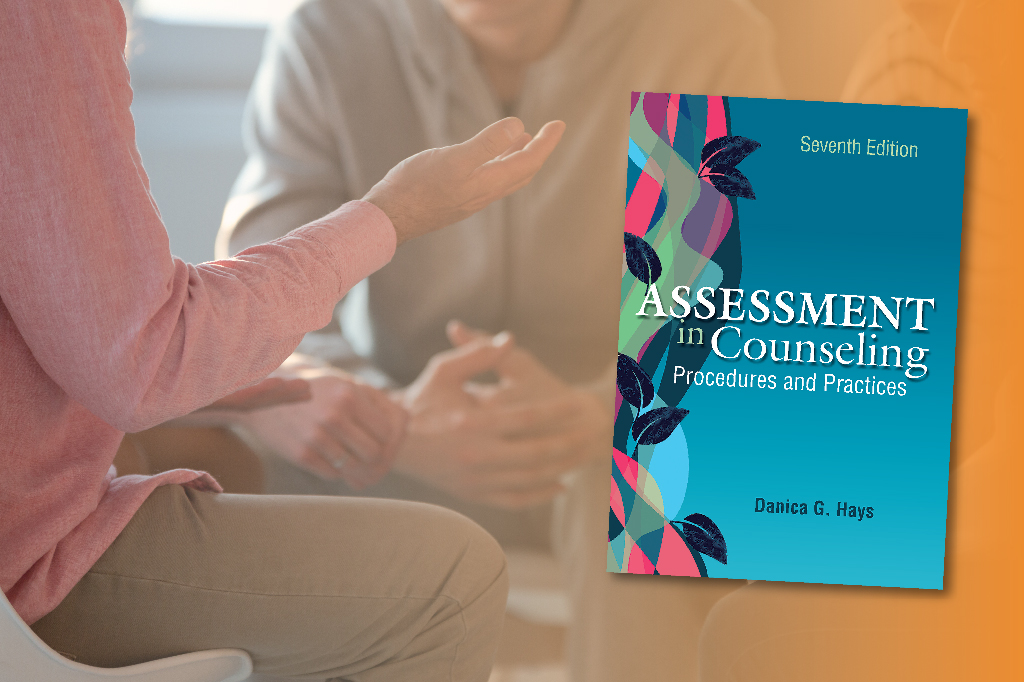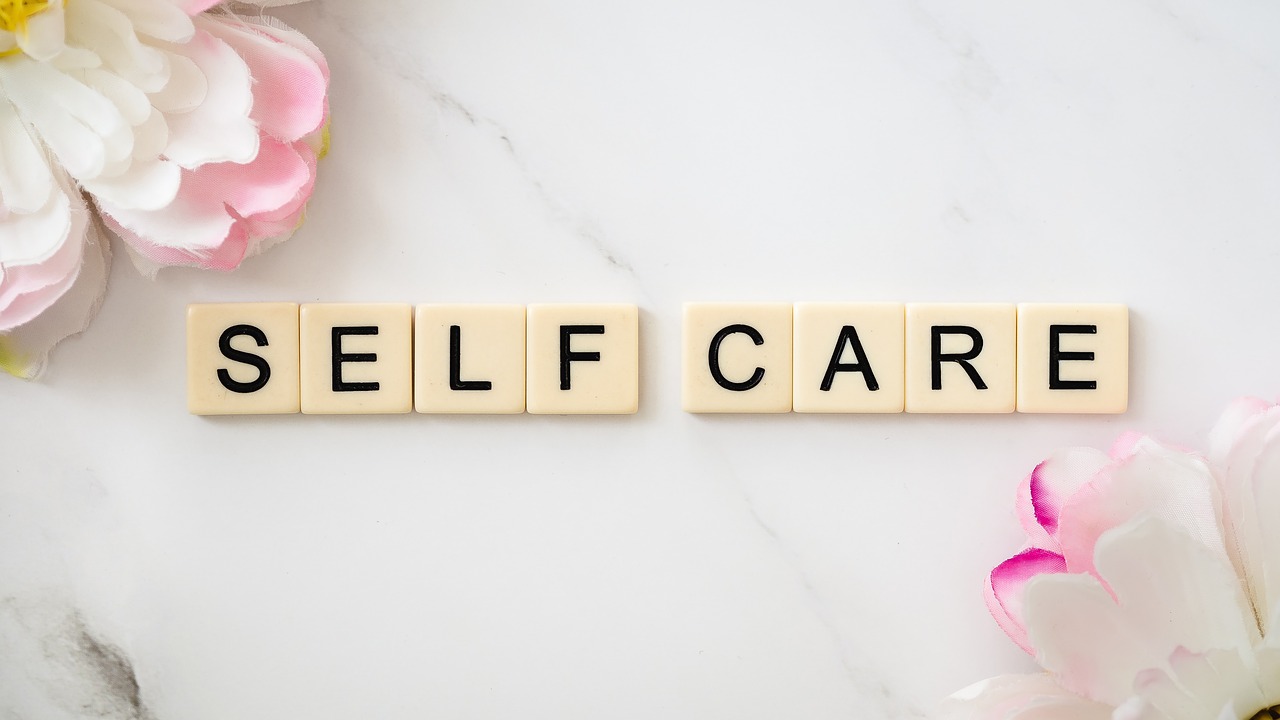
Highlighting the importance of mental health awareness
While one in five people will experience mental illness over the course of their lifetimes, everyone will face challenges that can and will affect their mental health. Observed every year on October 10, World Mental Health Day seeks to raise awareness of mental health issues and highlights efforts to support mental health.
Acknowledging the state of one’s mental health issues is important, and so is being able to seek help when you’re struggling. ACA has provided sharable graphics and resources to support counselors around the world who play a crucial role for those struggling with their mental health.
Related Articles from Counseling Today
General Public Resources from the Counseling Corner
Six Simple Steps To Staying Friends With Your Adolescent
Adolescence is a difficult stage for both teens and their parents. While most parents recognize adolescence as a time when young people are learning to be more independent, many are unsure about how to loosen the reins and allow more freedom. After years of making decisions for the child, it's now time to step back and watch the teenager experiment.
Here are some simple suggestions for maintaining that role of parent, but also for being a friend.
- Be loving. If you have a close, loving relationship with your child, then don't change that. If it hasn't been that loving, make it so now. This is the time when love, attention and affection are needed more than ever. Keep hugging your child and don’t stop praising and validating him or her.
- Talk and listen. Teenagers don't want to be lectured, but often need to talk. Have something interesting to say besides, “How's school?” And be a good listener. Teens will share thoughts and feelings if they know it's safe to share and that you're really paying attention.
- Spend time together. Giving your teen your time and full attention tells your child he or she really matters to you. Invite your teen on shopping trips and outings of their choosing.
- Show respect and trust. Many teens say adults always want respect but don’t think they have to give respect. Teenagers want to be trusted to make good decisions and choices; to show their integrity; to make mistakes and to deal with the consequences. They're anxious to show they're growing up but need assurances that they're doing it well.
- Be interested. Take a sincere interest in their hobbies, music, their sports teams. Stay close and available, but don’t barge in or crowd their lives. You don't have to even like all the things your teen likes. Just learn enough to hold a solid conversation.
- And don't... Don't dump your problems, worries and cares on your teen. Don't embarrass or humiliate your child in front of friends to make a point or exert control. Don't be judgmental or compare your teen to other teens. Don't ever start a sentence with, “In my day...!”
Adolescents want a good, healthy life for themselves. They really want to do the best that they can. Let them have their own dreams and help them fulfill them. Be a friend helping them as they find their way into adulthood.




















